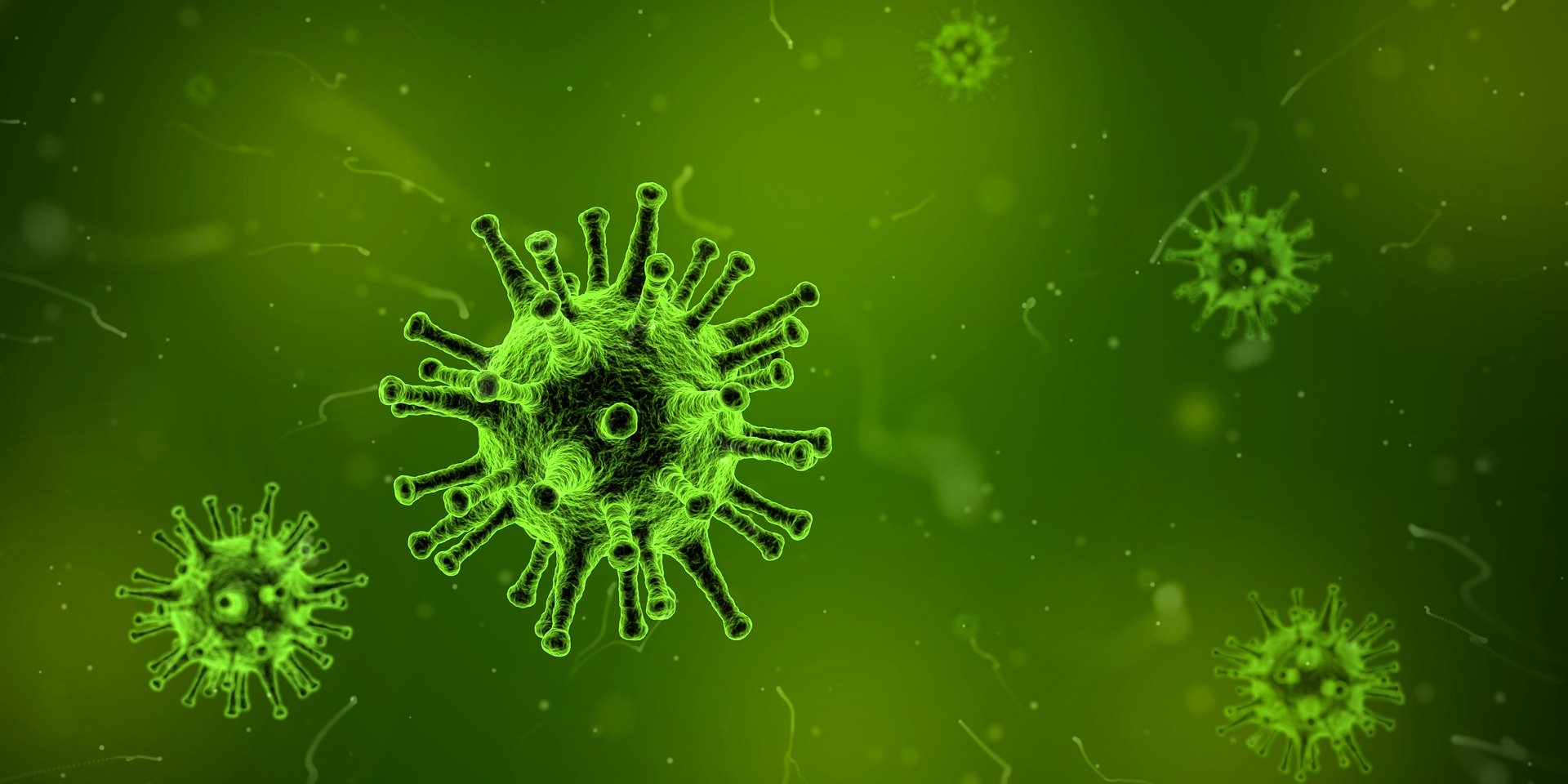Dylan Stoll | Health Editor
Featured image courtesy of Pixabay
Medicago, a Canadian bio-pharmaceutical company, has recently made what is known as a virus-like particle (VLP) of the Covid-19 virus — an important step in producing a vaccine.
But why is this step so important, exactly?
A virus-like particle is a molecule that resembles a virus very closely, but is non-infectious as it contains no genetic material. This makes them easier to analyze by researchers.
On top of this, the VLP can much more efficiently present antigens to the human immune system.
As effective as the VLP is in the search for a vaccine, the real trick up Medicago’s sleeve is the company’s rather innovative, time efficient and cost effective process of vaccine production involving plants.
“The pace of our initial progress in Covid-19 is attributable to the capability of our plant-based platform, which is able to produce vaccine and antibody solutions to counteract this global public health threat,” said Medicago CEO Dr. Bruce Clark.
The ability to produce a candidate vaccine within 20 days after obtaining the gene is a critical differentiator for our proven technology. This technology enables scale-up at unprecedented speed to potentially combat Covid-19.”
Normally, chicken eggs are used as an incubator for the production of vaccine proteins. Many, many eggs are required and as such, the process becomes very expensive and time-consuming.
What this new plant-approach to incubation involves is the use of altered agrobacterium. Each bacterium has the virus’ genetic sequence injected into them, then it is put into the plant’s soil and left for the plant to absorb. When this has happened, the plant will produce the virus proteins necessary to develop a vaccine.
“That’s the difference between us,” Clark said. “We go directly to producing the vaccine or the antibody without having to propagate the virus.”
Medicago’s process is so effective, back in 2009 they were able to produce an H1N1 vaccine within 19 days. Then three years later, within the time-span of one month, they made over 10 million doses of monovalent influenza vaccine for the Defense Advanced Research Projects Agency.
With such ambition, it is no surprise to hear that the company is hoping to enter phase I trials of human studies by July, a goal that may require some cut corners. “It would depend, quite extensively, on the decisions the regulators make in terms of the hurdles they want us to have in the normal course of development,” said Clark.
But if all goes well, the vaccine could be made available to the public by next November.
“I won’t put words in their mouths. I will say our intention, taking a very standard approach, is that by November of 2021 we will have completed phase III,” continued Clark.



